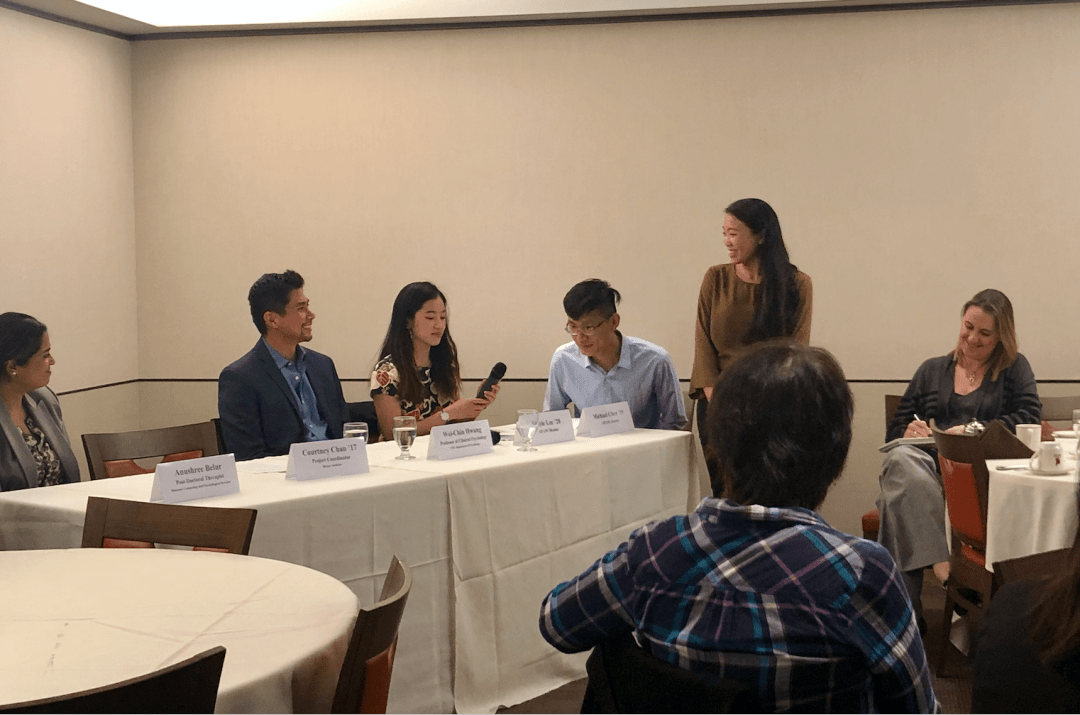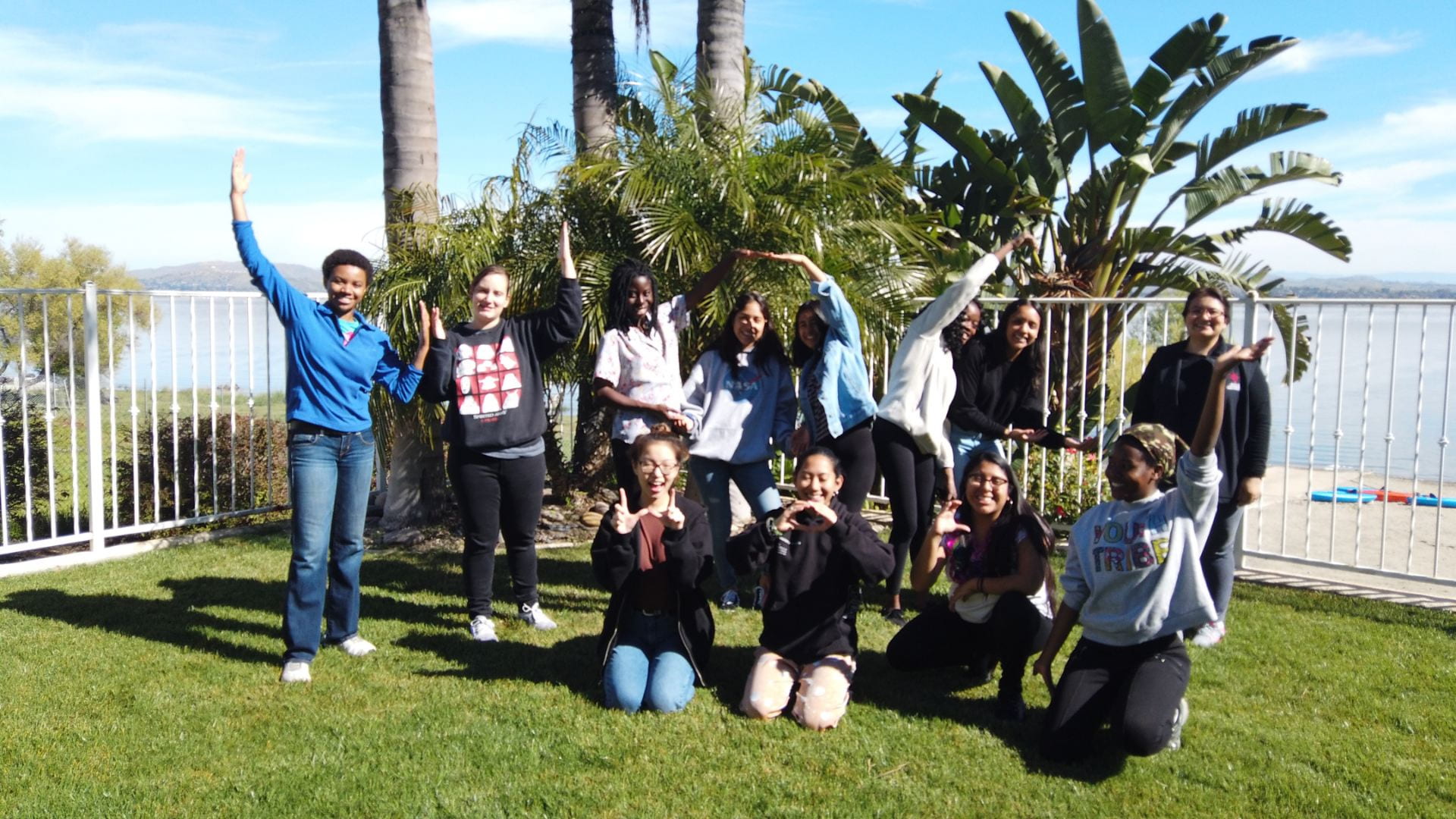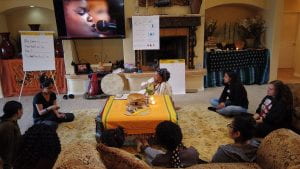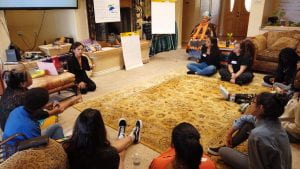According to new research from the Berger Institute, the way mothers of different cultures talk to their children may affect kids’ understanding of emotions. In the past, research has shown that early conversations with children about emotions and mental states are instrumental in children’s later understanding of emotion.1 Researchers found that if parents talk to toddlers about wants and wishes, or preschoolers about what someone else might think or believe, these kids will score better on emotional understanding tasks over a year later.2-3 However, most of the families in these studies are White Americans. How do early conversations about emotions and children’s emotional learning look in other cultures?
We know, for example, that there are cultural differences between the East and the West. Americans tend to prize individual freedom and independence. As a result, they usually place a higher emphasis on individual beliefs and personal experiences. Meanwhile, those from collectivist cultures like China tend to value group harmony and emphasize the interrelatedness of all people.4 It would make sense then that children in a more collectivist culture would be trained to act in whatever way maintains harmony, regardless of what an individual is thinking or feeling.
And indeed, research shows that in America, Caucasian mothers talk with their children about wants, needs, and opinions much more than Chinese-American mothers.5 Another study observed that even when directly discussing emotions, American moms talk to their children about internal states—why people might feel what they do. Chinese moms, on the other hand, tend to have conversations about emotion that focus on expression—emphasizing social norms and discussing expectations for behaviors.6 Research also happens to show that Caucasian children are better at understanding the causes of emotions in other people and themselves.7-8
In the current study, Berger Institute researchers wanted to explore if these different topics moms discuss with their children explain the difference we see in children’s ability to understand emotions.
The researchers asked American and Chinese immigrant mothers to tell their children a story using a book with no words—they had to make them up! What they learned was that first, all moms talked more about behaviors when telling the story. However, Chinese moms used even less language about thoughts and emotions than American moms did. They also saw that, regardless of culture, the moms who talked more about thoughts and emotions had kids who scored better on a test of emotion understanding, and moms who talked more about behaviors had children who scored worse. Finally, when the researchers compared moms’ culture and mom’s word choice, they found that both help explain why American kids tend to score better on emotion tests, but culture plays a bigger part.9-10
So, what does this mean for parents?
If the goal is to increase emotional understanding, parents can work into their storytelling some conversations about what they, their child, and other people (real or fictional) may be thinking in different situations. This focus on thoughts and emotions (in addition to the usual focus on behaviors of characters) could help children learn about & understand the causes of emotions. This will not only help them better understand the their own emotions; it will help them understand the things their friends and family might be feeling. This understanding could help develop social competence and readiness for school. Whether this type of social competence is valuable may come back to culture and could be why mothers of different cultures talk to their children the way they do. It could be that one is seen as more socially competent in collectivist cultures if they know how to express emotions rather than understand them. Perhaps future research can tell us more about these cultural differences and how these early conversations with children and their related emotional understanding affect later life in various cultures.
References
1 Dunn, J., Brown, J., & Beardsall, L. (1991). Family talk about feeling states and children’s later understanding of others’ emotions. Developmental Psychology, 27(3), 448.
2 Taumoepeau, M., & Ruffman, T. (2006). Mother and infant talk about mental states relates to desire language and emotion understanding. Child development, 77(2), 465-481.
3Taumoepeau, M., & Ruffman, T. (2008). Stepping stones to others’ minds: Maternal talk relates to child mental state language and emotion understanding at 15, 24, and 33 months. Child development, 79(2), 284-302.
4 Tsai, J.L. (2007). Ideal affect: Cultural causes and behavioral consequences. Perspectives in Psychological Science, 2, 242-259.
5 Wang, Q., Leichtman, M. D., & Davies, K. I. (2000). Sharing memories and telling stories: American and Chinese mothers and their 3-year-olds. Memory, 8(3), 159-177.
6 Fivush, R., & Wang, Q. (2005). Emotion talk in mother-child conversations of the shared past: The effects of culture, gender, and event valence. Journal of cognition and development, 6(4), 489-506.
7 Wang, Q. (2003). Emotion situation knowledge in American and Chinese preschool children and adults. Cognition & Emotion, 17(5), 725-746.
8 Wang, Q., Hutt, R., Kulkofsky, S., McDermott, M., & Wei, R. (2006). Emotion situation knowledge and autobiographical memory in Chinese, immigrant Chinese, and European American 3-year-olds. Journal of Cognition and Development, 7(1), 95-118.
9 Doan, S. N., Lee, H. Y., & Wang, Q. (2019). Maternal mental state language is associated with trajectories of Chinese immigrant children’s emotion situation knowledge. International Journal of Behavioral Development, 43(1), 43-52.
10 Doan, S. N., & Wang, Q. (2010). Maternal discussions of mental states and behaviors: Relations to emotion situation knowledge in European American and immigrant Chinese children. Child development, 81(5), 1490-1503.





